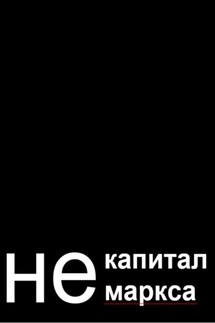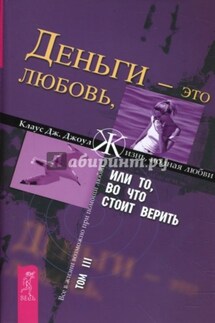The General Theory of Capital: Self-Reproduction of Humans Through Increasing Meanings - страница 10
Events and phenomena are a source of uncertainty. From the perspective of order, an event is news if it represents a deviation from the norm: “An occurrence, a meaningful departure from the norm, (that is, ‘news,’ since the fulfillment of a norm is not ‘news’) depends on one’s concept of the norm” (Lotman 1977, p. 234). The socio-cultural order aims to eliminate uncertainty of events by transforming them into facts (patterns of events) and norms (programs of action). Historically, the more meaningful the appropriation process became, the more meaning humans discovered in nature. But while the uncertainty of nature slowly decreased, cultural uncertainty just as slowly increased.
Knowledge or causal models of events and phenomena are not the exclusive prerogative of humans. The presence of elementary reason (i.e. understanding) in animals is demonstrated by their capacity to comprehend the simplest empirical laws of the environment, which enables them to develop programs of action for new situations. This is the difference between reason or intellect and any form of practice based on repetition or learning (Krushinsky 1986, p. 27). Animals have a mental representation of causality and the foundations of goal-directed behavior:
“When Pavlov began studying the behavior of great apes in his laboratory in the last years of his life, he was already talking quite definitely about a special type of association that can be considered concrete thinking: ‘And when an ape builds his tower to get a fruit, then you cannot call it a ‘conditioned reflex.’ This is a case of knowledge formation, of capturing the normal connection of things. This is a different case. Here it must be said that this is the beginning of knowledge, of understanding a constant connection between things—what underlies all scientific activity, the laws of causality’” (Krushinsky 1986, p. 10).
Human causal models are universal and allow the construction of action programs that are applicable to all situations encountered by a culture-society. In this respect, humans differ from animals, which construct empirical models that are only valid for a specific situation and create probabilistic rather than deterministic action programs (cf. Krushinsky 1986, p. 11).
Knowledge is usually defined as “justified true belief.” However, knowledge cannot be reduced to belief without action. Belief is only justified if it enables action.
“Man is in a position to act because he has the ability to discover causal relations which determine change and becoming in the universe. Acting requires and presupposes the category of causality. Only a man who sees the world in the light of causality is fitted to act. In this sense we may say that causality is a category of action. The category means and ends presupposes the category cause and effect” (Mises 1996, p. 22).
As a cause-effect model or pattern of events, knowledge also implies a set of skills, that is, an action program.
Populations under mixed selection
The evolution of proto-humanity was based on the self-reproduction of its populations. The ability to reproduce is a property of life, but a cell or an organism can only reproduce as a whole: selection cannot act within them. A population as a collection of organisms of one species in a relatively closed habitat is the actual sphere of action of natural selection: the self-reproduction of a population is not based on the reproduction of the whole, but on self-renewal, on the alternation of generations of individuals (Berg 1993, p. 251).







